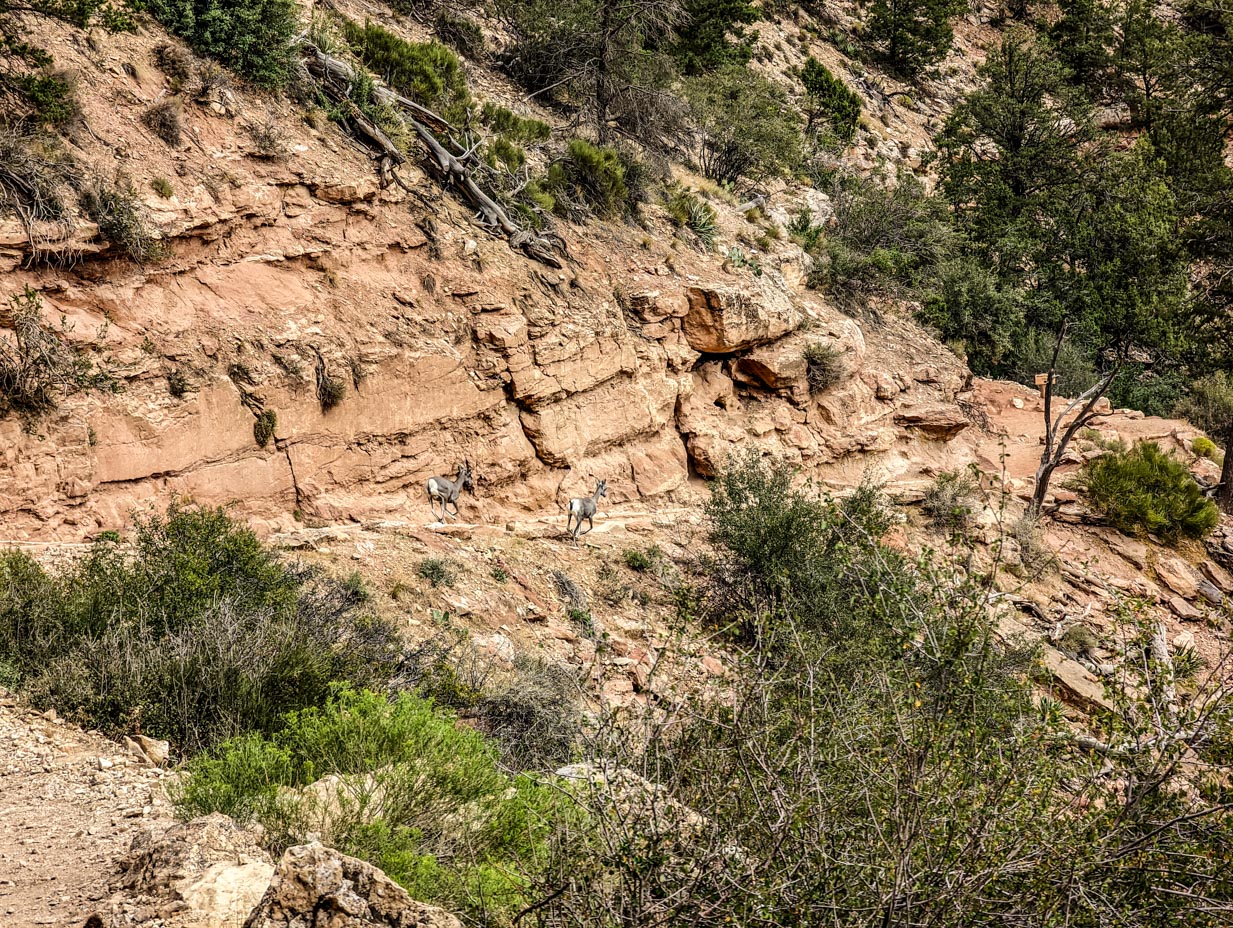

 ©Laura Haverkamp
©Laura Haverkamp
Chapter 11 (ESV) - Now the leaders of the people lived in Jerusalem. And the rest of the people cast lots to bring one out of ten to live in Jerusalem the holy city, while nine out of ten remained in the other towns. And the people blessed all the men who willingly offered to live in Jerusalem.
These are the chiefs of the province who lived in Jerusalem; but in the towns of Judah everyone lived on his property in their towns: Israel, the priests, the Levites, the temple servants, and the descendants of Solomon's servants. And in Jerusalem lived certain of the sons of Judah and of the sons of Benjamin…
Question to consider: Up until this point, who had been living in the city?
When the people of Israel were first given permission by king Cyrus to come back to rebuild the city and temple, it was the leaders and nobles of Israel who were given the permission to come back. They settled there and when the surrounding nations convinced king Darius to stop the building project, there was a period in which the nobles continued to develop relationships with people of the surrounding nations and take wives from among them. They were perfectly content to enrich themselves while God’s house lay in ruins.
During this time, those who lived outside of the city, and those who worked on its construction and went into debt because they couldn't maintain their lands, afford their taxes and feed their families while working on the city, suffered greatly. Remember that those who carried out the decree from Darius to stop the project came with violence and set fires to what construction had been done. The end result created a vicious cycle where the priests allowed the nobles to oppress the less privileged with food stipends and predatory lending rates because the nobles contributed the money to sustain the priests and sacrifices. Because the rest of the people were being oppressed by the nobles, they didn’t give their tithes so the priests and Levites felt pressure to support the nobles. In the meantime, the nobles were lining their houses from the cedars of Lebanon while the temple of God lay in ruins.
The prophetic book of Malachi dealt with this issue. Malachi means ‘My messenger’, and was thought to have been written by Ezra or Mordecai. God promised the oppressed that they could test Him with their tithes, and He would rain blessings down upon them. He chastised the priests for accepting diseased sacrifices and favoring the nobles, and He chastised the nobles for putting their greed above everything else.
Through His word, God convicted the hearts of the people of Israel so that the city and temple were completed, the idolatrous wives were sent away, and the people repented of their sin and made a solemn oath to follow God’s Laws and take care of the ministry of the temple. Today’s chapter is mostly made up of a list of people not among the nobles who were able to move into the city.
About a tenth of those living outside of the city were chosen by lot to move within the city walls. Proverbs 16:33 says, “The lot is cast into the lap, but its every decision is from the Lord.” So while it may seem like the luck of the draw of a lottery, the people accepted that the selections were the will of God and blessed those who had been chosen.
While I don’t add lists of people into the daily readings, it is a blessing that these lists exist to corroborate that Nehemiah is a historical book.
Dear heavenly Father, thank You for preserving Your word so that we can connect with people who lived more than 2000 years ago. May we be like them and be content with what You have given us and rejoice in the success of our neighbor. Amen.